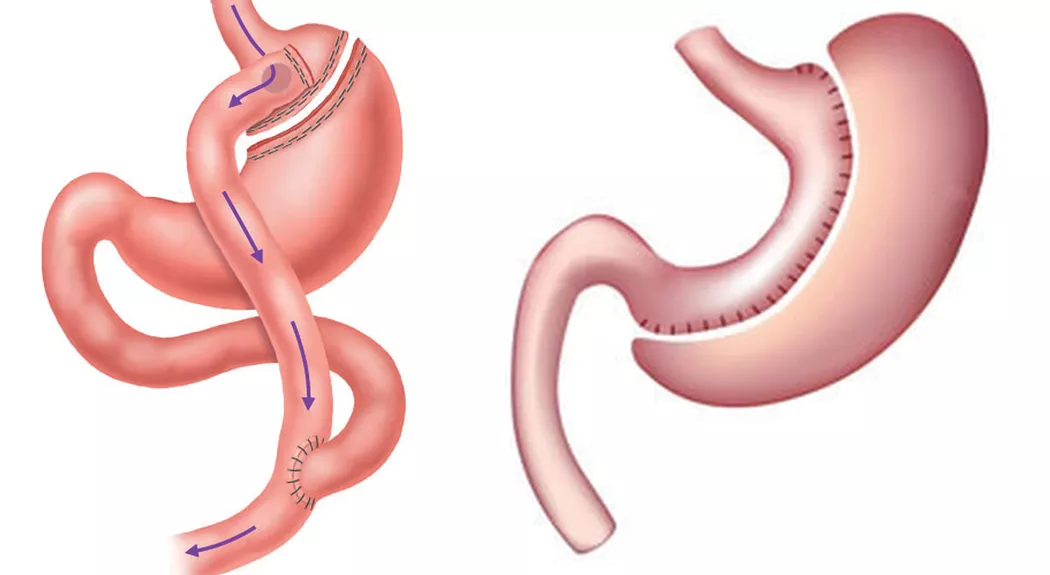Effective January 2, 2026, masks are expected to be worn by all staff, patients, and visitors in all Luminis Health clinical locations.
We encourage Maryland residents to use CareConnectNow virtual urgent care for non-emergency needs, and reserve visits to the Emergency Department for severe or life-threatening symptoms. Thank you for your patience as we continue to support our teams and care for our communities.

 By
By 


